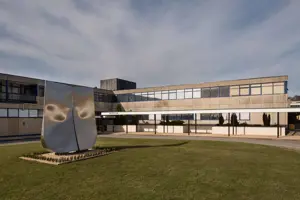 Fire Service College
Fire Service College
 Fire Service College
Fire Service College
Partnerships with Awarding Bodies reflect our commitment to becoming a true Centre of Excellence, providing assurance that our training is independently assessed and accredited to both national and international standards.

Speak to a member of our team
01608 650 831